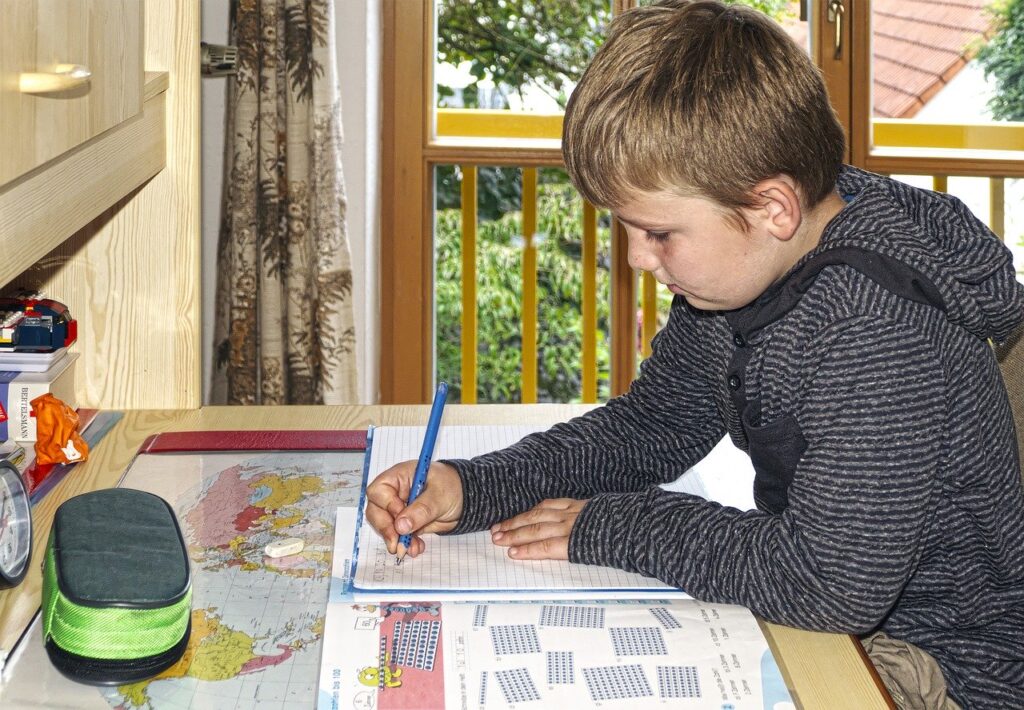Growing Interest in Homeschooling
As the pandemic continues, more parents are considering homeschooling as an option for their children. According to the National Home Educators Research Institute, in 2019 there were 2.5 million homeschool students in grades K-12 in the U.S. That accounts for about 3% to 4% of all school-age children. The institute’s president, Brian Ray, expects that their numbers will increase by at least 10%.
There are a number of reasons the interest in homeschooling has soared recently. First, there is the natural health concern parents have about exposing their kids to COVID-19 in a school environment. Second, some parents are worried their school districts are mot able to deliver a robust remote learning program.
And for families with kids who have ADHD and / or other learning and attention challenges, virtual learning may not be working very well.
Benefits and Challenges
The biggest benefits of homeschooling, especially for children with executive function challenges is that the learning can be personalized to take advantage of the child’s strengths. And the pacing and intensity can be adjusted as needed.
Homeschooling offers the ability to customize how your child learns, but there are challenges as well. Biggest among these can be the parents’ ability to meet their child’s education needs effectively, and the added stress that homeschooling can put on the family when parents are dealing with working remotely , too.
And there are costs to consider.
Costs of Homeschooling
Time4Learning.com, an online resource for families that homeschool their children, estimates the average cost of homeschooling ranges from $700 to $1,800 per child per school year. Their estimate includes the direct costs such as curriculum, school supplies, field trips and / or extracurricular activities.
Money Crashers provides tips on how to save on your homeschooling curriculum and materials.
Kiplinger also provides information to help you evaluate the indirect costs. For example, the impact on household income from parents having to devote more time to planning and managing their child’s education. Also, families that own their own homes will not receive any relief from paying school taxes on their property, or get an federal tax deductions for the investment they make in homeschooling materials.
Resources
There are numerous online resources to help you get started, if you decide to try homeschooling for your child. One good place to start is the Parents.com website.
Homeschooling certainly is not for everyone, but it offers families who can afford the investment of time, energy and resources it takes, a viable and potentially effective option in this time of uncertainty.



